|
The Road (Jack London)
''The Road'' is an autobiographical memoir by Jack London, first published in 1907. It is London's account of his experiences as a hobo in the 1890s, during the worst economic depression the United States had experienced up to that time. He describes his experiences hopping freight trains, "holding down" a train when the crew is trying to throw him off, begging for food and money, and making up extraordinary stories to fool the police. He also tells of the thirty days that he spent in the Erie County Penitentiary, which he described as a place of "unprintable horrors," after being "pinched" (arrested) for vagrancy. In addition, he recounts his time with Kelley's Army, which he joined up with in Wyoming and remained with until its dissolution at the Mississippi River. Film adaptation The 1973 film ''Emperor of the North Pole'', starring Lee Marvin Lee Marvin (born Lamont Waltman Marvin Jr.; February 19, 1924August 29, 1987) was an American film and television actor. Known fo ... [...More Info...] [...Related Items...] OR: [Wikipedia] [Google] [Baidu] |
Memoir
A memoir (; , ) is any nonfiction narrative writing based in the author's personal memories. The assertions made in the work are thus understood to be factual. While memoir has historically been defined as a subcategory of biography or autobiography since the late 20th century, the genre is differentiated in form, presenting a narrowed focus. A biography or autobiography tells the story "of a life", while a memoir often tells the story of a particular event or time, such as touchstone moments and turning points from the author's life. The author of a memoir may be referred to as a memoirist or a memorialist. Early memoirs Memoirs have been written since the ancient times, as shown by Julius Caesar's ''Commentarii de Bello Gallico'', also known as ''Commentaries on the Gallic Wars''. In the work, Caesar describes the battles that took place during the nine years that he spent fighting local armies in the Gallic Wars. His second memoir, ''Commentarii de Bello Civili'' (or ''Commen ... [...More Info...] [...Related Items...] OR: [Wikipedia] [Google] [Baidu] |
Jack London
John Griffith Chaney (January 12, 1876 – November 22, 1916), better known as Jack London, was an American novelist, journalist and activist. A pioneer of commercial fiction and American magazines, he was one of the first American authors to become an international celebrity and earn a large fortune from writing. He was also an innovator in the genre that would later become known as science fiction. London was part of the radical literary group "The Crowd" in San Francisco and a passionate advocate of animal rights, workers’ rights and socialism.Swift, John N. "Jack London's ‘The Unparalleled Invasion’: Germ Warfare, Eugenics, and Cultural Hygiene." American Literary Realism, vol. 35, no. 1, 2002, pp. 59–71. .Hensley, John R. "Eugenics and Social Darwinism in Stanley Waterloo's ‘The Story of Ab’ and Jack London's ‘Before Adam.’" Studies in Popular Culture, vol. 25, no. 1, 2002, pp. 23–37. . London wrote several works dealing with these topics, such as his dy ... [...More Info...] [...Related Items...] OR: [Wikipedia] [Google] [Baidu] |
Hobo
A hobo is a migrant worker in the United States. Hoboes, tramps and bums are generally regarded as related, but distinct: a hobo travels and is willing to work; a tramp travels, but avoids work if possible; and a bum neither travels nor works. Etymology The origin of the term is unknown. According to etymologist Anatoly Liberman, the only certain detail about its origin is the word was first noticed in American English circa 1890. The term has also been dated to 1889 in the Western—probably Northwestern—United States, and to 1888. Liberman points out that many folk etymologies fail to answer the question: "Why did the word become widely known in California (just there) by the early Nineties (just then)?" Author Todd DePastino notes that some have said that it derives from the term "hoe-boy", coming from the hoe they are using and meaning "farmhand", or a greeting such as "Ho, boy", but that he does not find these to be convincing explanations. Bill Bryson suggests in '' ... [...More Info...] [...Related Items...] OR: [Wikipedia] [Google] [Baidu] |
Depression (economics)
An economic depression is a period of carried long-term economical downturn that is result of lowered economic activity in one major or more national economies. Economic depression maybe related to one specific country were there is some economic crisis that has worsened but most often reflexes historically the American Great Depression and similar economic status that may be recognized as existing at some country, several countries or even in many countries. It is often understood in economics that economic crisis and the following recession that maybe named economic depression are part of economic cycles where slowdown of economy follows the economic growth and vice versa. It is a result of more severe economic problems or a ''downturn'' than the recession itself, which is a slowdown in economic activity over the course of the normal business cycle of growing economy. Economic depressions maybe also characterized by their length or duration, and maybe showing increases in unemplo ... [...More Info...] [...Related Items...] OR: [Wikipedia] [Google] [Baidu] |
Freight Train Hopping
Freighthopping or trainhopping is the act of surreptitiously boarding and riding a freight railroad car, which is usually illegal. Origins and history In the United States, freighthopping became a common means of transportation following the American Civil War as the railroads began pushing westward, especially among migrant workers who became known as " hobos". It continued to be widely used by those unable to afford other transportation, especially during times of widespread economic dislocation such as the Great Depression. For a variety of reasons the practice is less common in the 21st century, although a community of freight-train riders still exists. The practice was heralded in popular culture of 20th century America with songs such as " King of the Road", and films like ''Emperor of the North Pole''. Typically, hoppers will go to a rail yard where the trains switch out crew. They will either know from other riders of a spot to hide and wait, or they will find one ... [...More Info...] [...Related Items...] OR: [Wikipedia] [Google] [Baidu] |
Erie County, New York
Erie County is a county along the shore of Lake Erie in western New York State. As of the 2020 census, the population was 954,236. The county seat is Buffalo, which makes up about 28% of the county's population. Both the county and Lake Erie were named for the regional Iroquoian language-speaking Erie tribe of Native Americans, who lived in the area before 1654. They were later pushed out by the more powerful Iroquoian nations tribes. Erie County, along with its northern neighbor Niagara County, makes up the Buffalo-Niagara Falls metropolitan area, the second largest in New York State behind New York City. The county's southern part is known as the Southtowns. The county has seen one of the highest growth rates of any county in New York State from the 2010 to 2020 census. History When counties were established by the English colonial government in the Province of New York in 1683, present-day Erie County was part of Indian territory occupied by Iroquoian-speaking peoples ... [...More Info...] [...Related Items...] OR: [Wikipedia] [Google] [Baidu] |
Coxey's Army
Coxey's Army was a protest march by unemployed workers from the United States, led by Ohio businessman Jacob Coxey. They marched on Washington, D.C. in 1894, the second year of a four-year economic depression that was the worst in United States history at the time. Officially named the Army of the Commonwealth in Christ, its nickname came from its leader and was more enduring. It was the first significant popular protest march on Washington, and the expression "Enough food to feed Coxey's Army" originates from this march. First march The purpose of the march, termed a "petition in boots", was to protest the unemployment caused by the Panic of 1893 and to lobby for the government to create jobs which would involve building roads and other public works improvements, with workers paid in paper currency which would expand the currency in circulation, consistent with populist ideology. The march originated with 100 men in Massillon, Ohio, on March 25, 1894, passing through Pitts ... [...More Info...] [...Related Items...] OR: [Wikipedia] [Google] [Baidu] |
Wyoming
Wyoming () is a state in the Mountain West subregion of the Western United States. It is bordered by Montana to the north and northwest, South Dakota and Nebraska to the east, Idaho to the west, Utah to the southwest, and Colorado to the south. With a population of 576,851 in the 2020 United States census, Wyoming is the least populous state despite being the 10th largest by area, with the second-lowest population density after Alaska. The state capital and most populous city is Cheyenne, which had an estimated population of 63,957 in 2018. Wyoming's western half is covered mostly by the ranges and rangelands of the Rocky Mountains, while the eastern half of the state is high-elevation prairie called the High Plains. It is drier and windier than the rest of the country, being split between semi-arid and continental climates with greater temperature extremes. Almost half of the land in Wyoming is owned by the federal government, generally protected for public uses. Th ... [...More Info...] [...Related Items...] OR: [Wikipedia] [Google] [Baidu] |
Mississippi River
The Mississippi River is the second-longest river and chief river of the second-largest drainage system in North America, second only to the Hudson Bay drainage system. From its traditional source of Lake Itasca in northern Minnesota, it flows generally south for to the Mississippi River Delta in the Gulf of Mexico. With its many tributaries, the Mississippi's watershed drains all or parts of 32 U.S. states and two Canadian provinces between the Rocky and Appalachian mountains. The main stem is entirely within the United States; the total drainage basin is , of which only about one percent is in Canada. The Mississippi ranks as the thirteenth-largest river by discharge in the world. The river either borders or passes through the states of Minnesota, Wisconsin, Iowa, Illinois, Missouri, Kentucky, Tennessee, Arkansas, Mississippi, and Louisiana. Native Americans have lived along the Mississippi River and its tributaries for thousands of years. Most were hunter-gathere ... [...More Info...] [...Related Items...] OR: [Wikipedia] [Google] [Baidu] |
Emperor Of The North Pole
''Emperor of the North Pole'' is a 1973 American action adventure film directed by Robert Aldrich, starring Lee Marvin, Ernest Borgnine, Keith Carradine, and Charles Tyner. It was later re-released on home media (and is more widely known) under the shorter title ''Emperor of the North'', ostensibly chosen by studio executives to avoid being mistaken for a heartwarming holiday story. This original title is a homage to the historic joke among Great Depression-era hobos that the world's best hobo was "Emperor of the North Pole", a way of poking fun at their own desperate situation, implying that somebody ruling over the North Pole would reign over nothing but a vast, barren, cold, empty, and stark wasteland. The film depicts the story of two hobos' struggle (esp. vs. "The Establishment") during the Great Depression in 1930s Oregon. Its screenplay is quite significantly inspired by three separate yet inter-related self-published seminal writings from earlier decades: Jack London ... [...More Info...] [...Related Items...] OR: [Wikipedia] [Google] [Baidu] |
Lee Marvin
Lee Marvin (born Lamont Waltman Marvin Jr.; February 19, 1924August 29, 1987) was an American film and television actor. Known for his bass voice and premature white hair, he is best remembered for playing hardboiled "tough guy" characters. Although initially typecast as the "heavy" (i.e. villainous character), he later gained prominence for portraying anti-heroes, such as Detective Lieutenant Frank Ballinger on the television series '' M Squad'' (1957–1960). Marvin's notable roles in film included Charlie Strom in ''The Killers'' (1964), Rico Fardan in '' The Professionals'' (1966), Major John Reisman in ''The Dirty Dozen'' (1967), Ben Rumson in '' Paint Your Wagon'' (1969), Walker in '' Point Blank'' (1967), and the Sergeant in '' The Big Red One'' (1980). Marvin achieved numerous accolades when he portrayed both gunfighter Kid Shelleen and criminal Tim Strawn in a dual role for the comedy Western film '' Cat Ballou'' (1965), alongside Jane Fonda, a surprise hit which won ... [...More Info...] [...Related Items...] OR: [Wikipedia] [Google] [Baidu] |
Books By Jack London
A book is a medium for recording information in the form of writing or images, typically composed of many page (paper), pages (made of papyrus, parchment, vellum, or paper) bookbinding, bound together and protected by a book cover, cover. The technical term for this physical arrangement is ''codex'' (plural, ''codices''). In the history of hand-held physical supports for extended written compositions or records, the codex replaces its predecessor, the scroll. A single sheet in a codex is a Recto, leaf and each side of a leaf is a page (paper), page. As an intellectual object, a book is prototypically a composition of such great length that it takes a considerable investment of time to compose and still considered as an investment of time to read. In a restricted sense, a book is a self-sufficient section or part of a longer composition, a usage reflecting that, in antiquity, long works had to be written on several scrolls and each scroll had to be identified by the book it co ... [...More Info...] [...Related Items...] OR: [Wikipedia] [Google] [Baidu] |

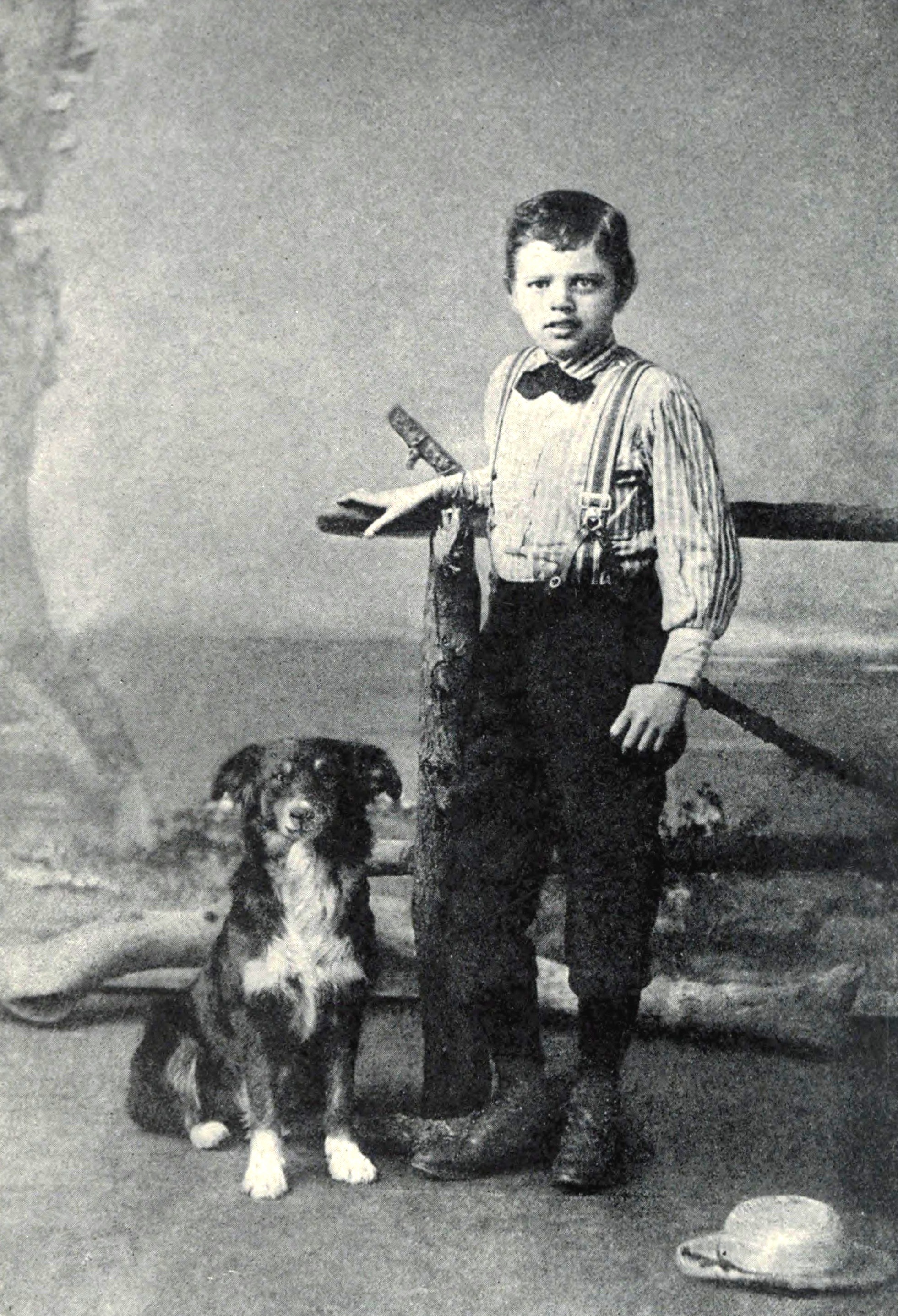
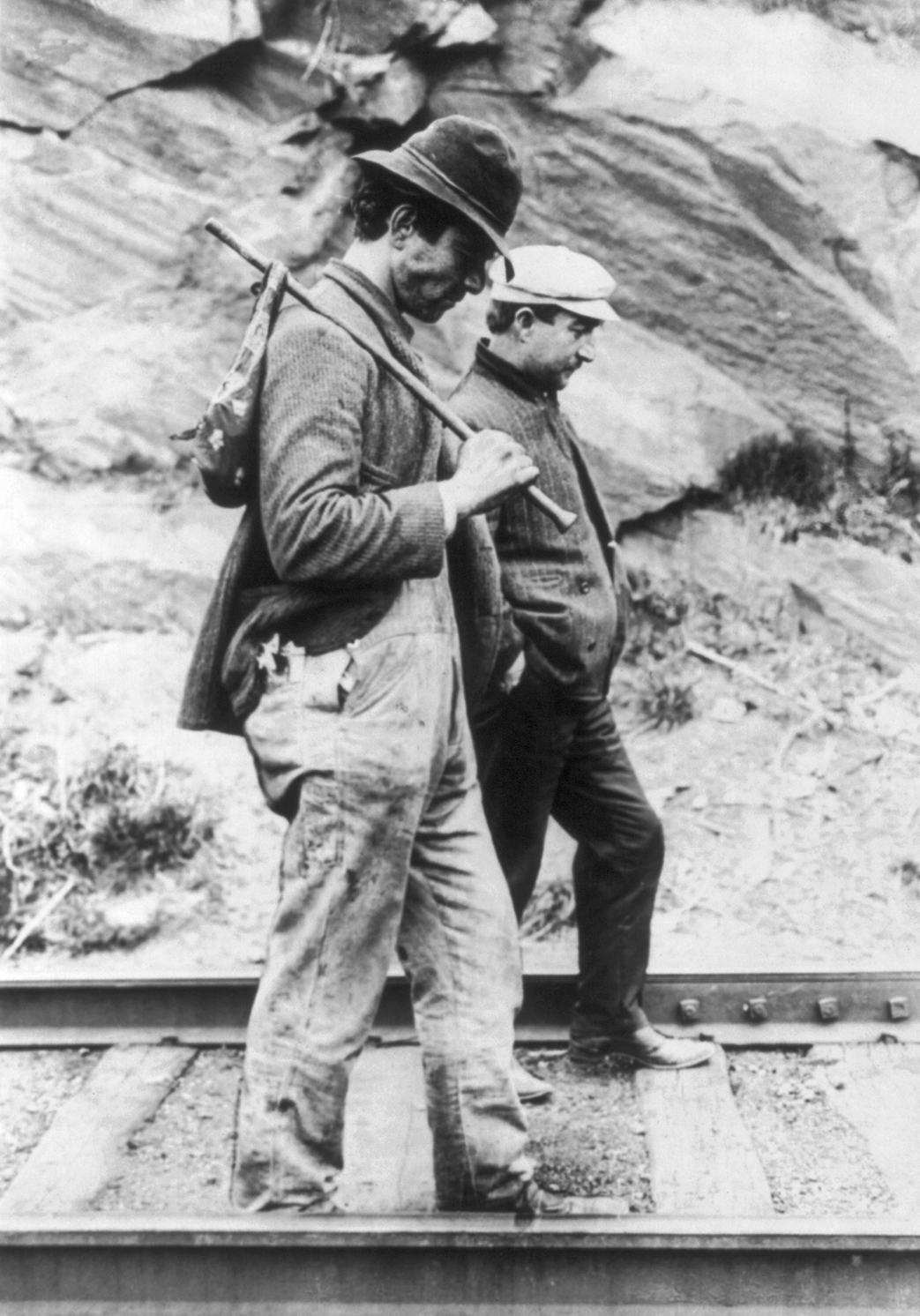
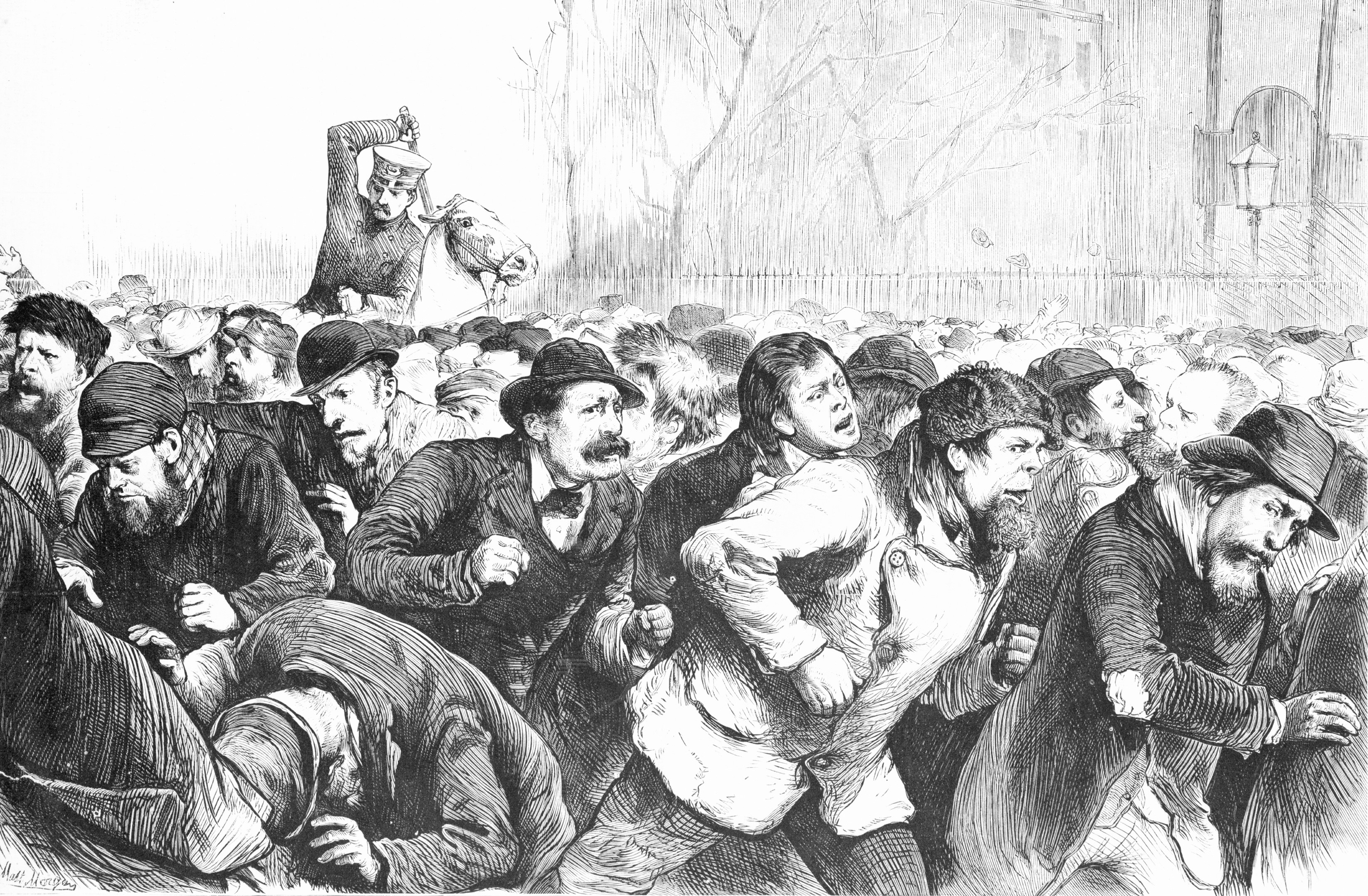
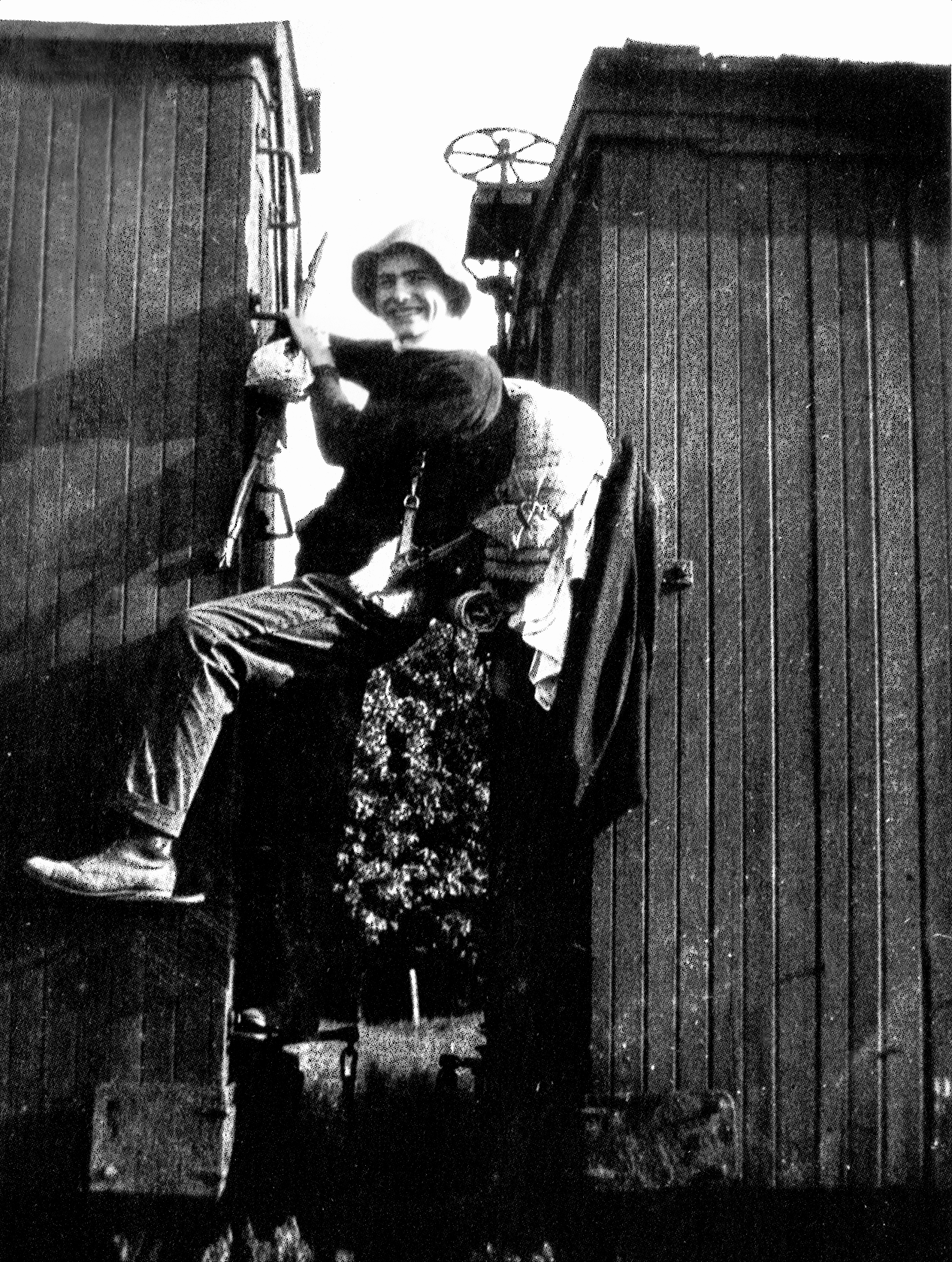

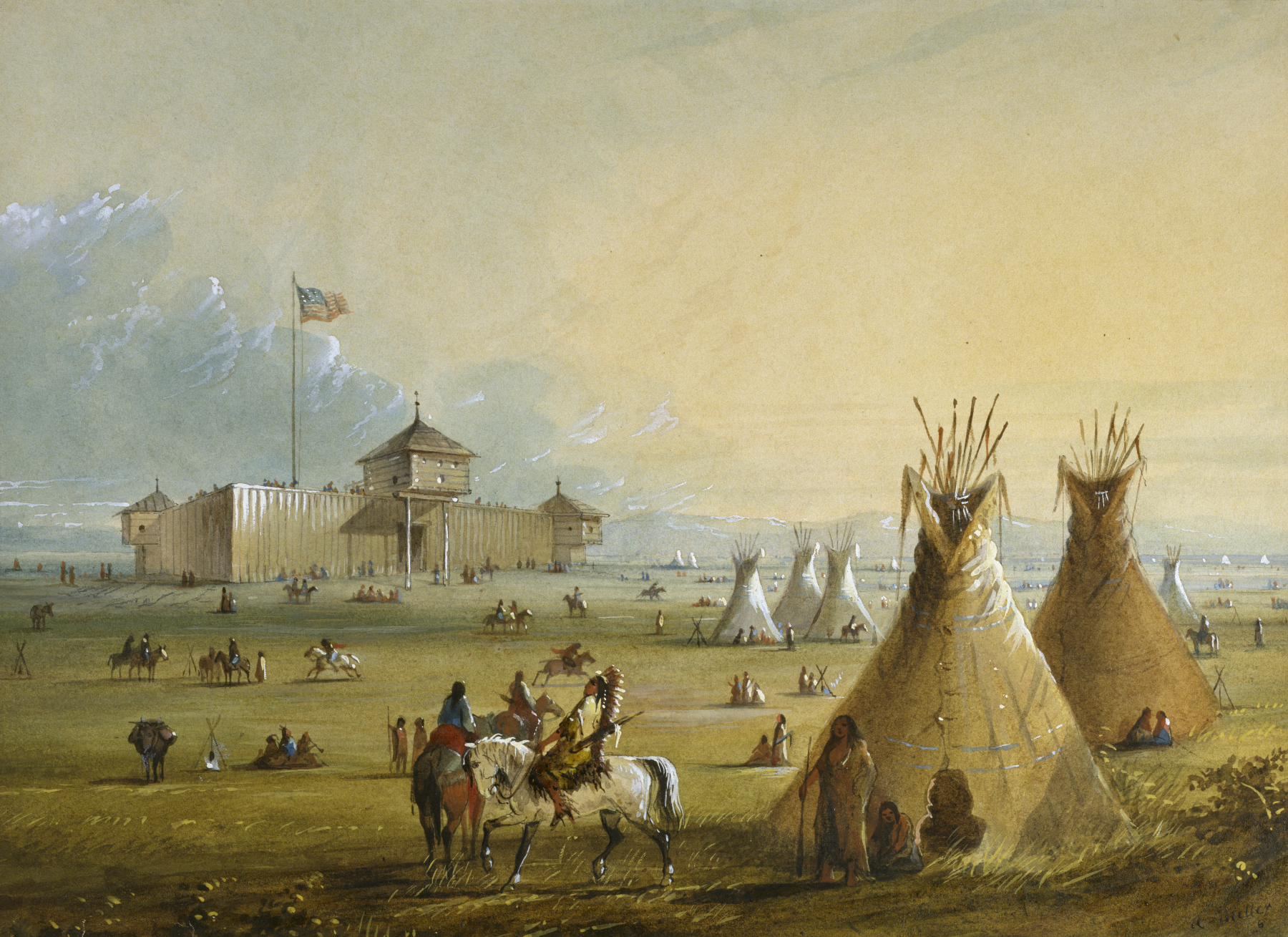

.jpg)
